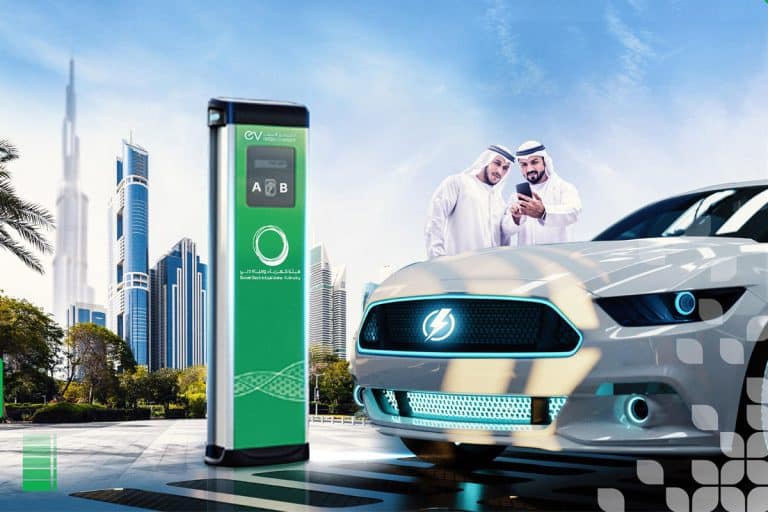A new study conducted by Arthur D. Little (ADL), a leading management consultancy firm reveals that the UAE EV market is in the early stages and is forecasted to grow at a compound annual growth rate (CAGR) of 30 percent between 2022 and 2028. The increasing threat of climate change has accelerated the interest in electric mobility over the last four years, the study further reveals.
“Governments in the Middle East are increasing receptive to EV technology on the roads with the UAE ranking high in readiness for electric mobility.” Said Joseph Salem, Partner and Travel and Transportation Practice Lead at Arthur D. Little Middle East.
“Through the Global Electric Mobility Readiness Index, we aim to help the public better understand the full scope and potential of e-mobility and support automotive organisations through an insight into the readiness of markets for e-mobility,” he added.
Passenger vehicles constitute around 95 percent of the EV market in the UAE due to an increase in rental car services and limited scope for commercial vehicles in transport and logistics, the study detailed.
The government has promoted EV adoption across the country in line with the UAE vision 2021, 20 percent of government agency cars were converted to electric vehicles and aims to expand to 42,000 EVs by 2030.
The UAE has the biggest charging station to vehicle ratio, globally, the report stated. Dubai’s EV Green Charger initiative was launched in 2015 to increase the number of charging stations to be able to cope with increased interest in electric vehicles, the charging station network now stands at 325 stations.
To further promote the use of EVs, DEWA and RTA are increasing initiatives to encourage the public like free parking, toll exemption and reduced registration fees.
To ensure a reliable supply chain for sustainable mobility, the region’s first EV and battery logistics hub was opened in Jebal Ali Free Zone.
Around 30 percent of UAE residents would consider buying an electric vehicle to contribute to the green transition and believe that in the long run, EVs offer better value for money as compared to traditional vehicles, according to the study. The country has made large investments towards various initiatives like reducing AV charging times.





